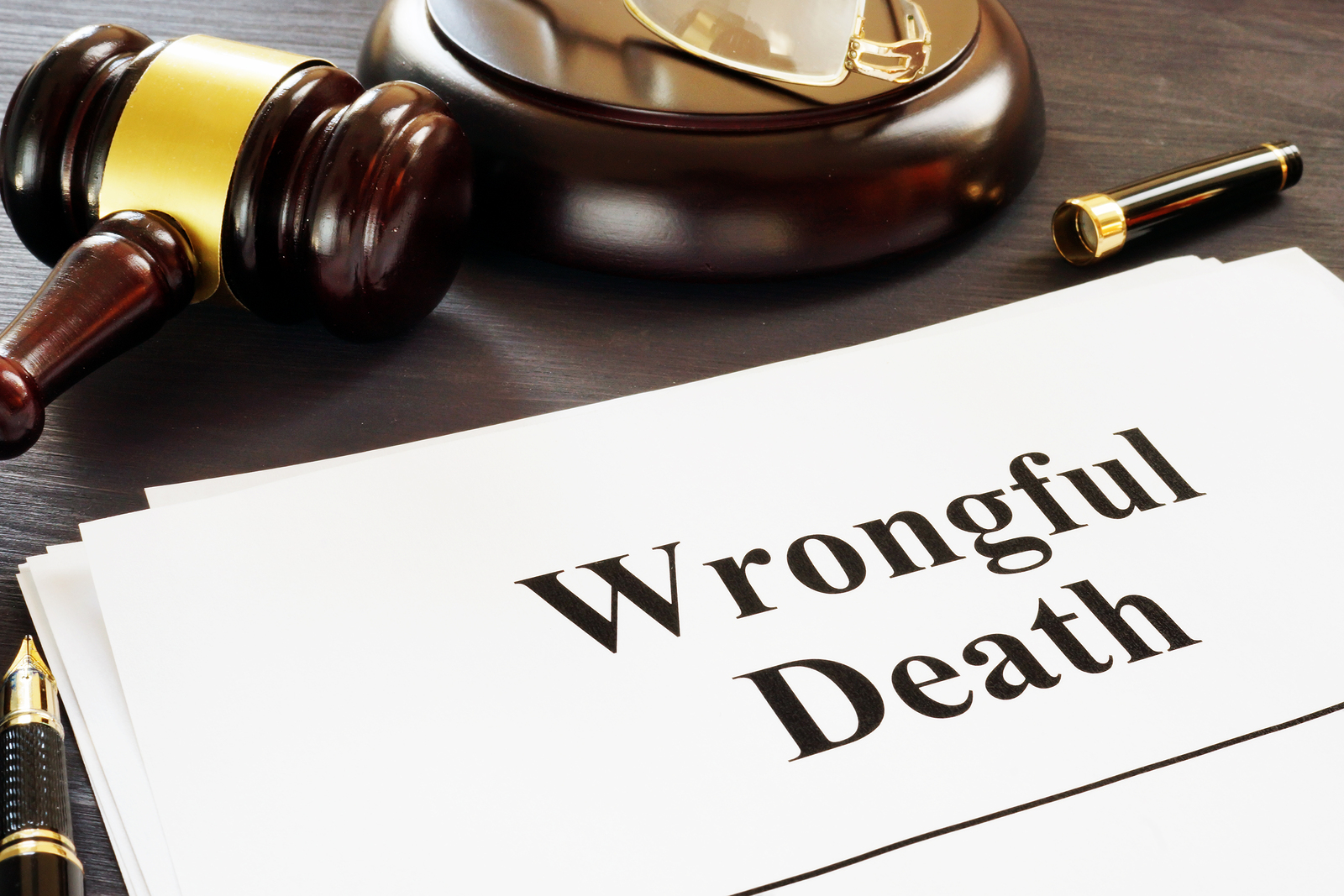You may be eligible for pecuniary and punitive damages if you have lost a loved one in a tragic accident. Financial damages are the losses you could reasonably quantify based on the money you received. These include funeral expenses, medical bills, and even loss of services, support, and inheritance. On the other hand, Punitive damages are not as easily quantified and are left to the court of law. However, there are wrongful death lawyers who are experts in complex cases like this. You can visit https://www.barruslaw.com for more information.
Defendant’s Particular Action Directly Caused The Wrongful Death
Bringing a wrongful death claim can be difficult, as it is necessary to prove that the defendant breached a duty of care. In addition to the breach of duty, plaintiffs must show that the defendant’s particular action directly caused the victim’s death. The cause of death may be more complex than simple negligence, though. Depending on the facts of the case, a jury may award various damages, including pain and suffering. Wrongful death cases are a subcategory of civil lawsuits. Examples include a fatal car accident or failure to diagnose a severe illness. Real-life examples of these claims will help you decide whether your case falls into this broad category.
Loss of Expected Income
If you believe that the person you lost was responsible for causing the accident, you may be eligible to receive compensation for the loss of your future income. The amount of payment that you may be able to recover for lost income is determined by figuring out how much your loved one earned in the last several years. While this amount may be substantial, it’s not always the case. In some cases, the death of a loved one is a deciding factor in the amount of a claimant’s compensation.
There are several ways to measure your expected future income. The first one is a speculative figure that you need to do some research on. Although you can ask an economist to estimate your future earnings, the loss of income is highly speculative. Economists and vocational experts can help you calculate your lost earnings potential.
Loss of Companionship, Guidance, and Support
When filing a wrongful death case, it is essential to understand that the loss of consortium is an intangible loss that can be difficult to measure. Therefore, this claim is most appropriate for family members close to the deceased. Loss of companionship can include loss of love and affection and other close personal relationships. The claimant must prove that their spouse or significant other was a good person before the accident occurred, and the jury should assign a monetary value to this loss.
In some states, wrongful death victims can also claim for loss of consortium. This claim occurs when the deceased’s spouse, children, or immediate family members are deprived of the dead’s love, guidance, and support. Minor children may also be able to claim loss of parental companionship and advice, which can be particularly devastating. The surviving spouse may also seek compensation for their emotional trauma while dealing with the death.
Punitive Damages
In a wrongful death case, the surviving family members of a deceased person can pursue monetary compensation for their loved one’s death. These actions are often brought when negligence or reckless behavior leads to the dead person’s death. Punitive damages are awarded in cases where the defendant is deemed to have engaged in willful or gross negligence. However, these awards cannot fully compensate for the loss of human life.
In a wrongful death case, punitive damages are awarded to the family of the deceased person who died due to the negligent acts of another. These damages are difficult to obtain and must be accompanied by evidence of the defendant’s evil intent. Punitive damages can be as high as seven times the compensatory damages, which means a plaintiff can recover as much as ten times what they initially sought.


Comments are closed.